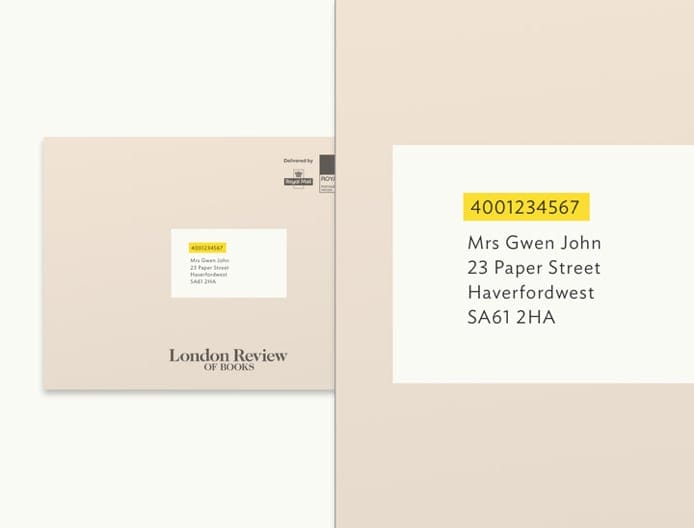Just before the EU referendum in 2016, the American political scientist Andrew Moravcsik wrote in the Financial Times that Brexit should be seen as a kabuki drama – ‘stylised but meaningless posturing’. Four years on, it is clear that nothing could be further from the truth. Even if the UK does manage to strike a deal with the EU, relations between the two have been fundamentally altered.
The Withdrawal Agreement, signed off and ratified earlier this year, settled the rights of EU citizens in the UK and UK citizens in the EU, as well as the UK’s financial liabilities – the Brexit bill. A protocol on Northern Ireland was also agreed. So that a hard border with the South can be avoided, Northern Ireland will continue to follow some single-market rules. This implicitly means putting in place what Boris Johnson had categorically ruled out: border checks. ‘We can do a deal without checks on the Irish border,’ he declared a year ago. The government has since acknowledged that there will be ‘minimal’ checks.
Northern Ireland aside, there is no agreement on any aspect of the future relationship. The prelude to the latest round of Brexit talks was Johnson’s call for the injection of ‘a bit of ooomph’. Both sides supposedly geared up for an intensification of negotiations. But when the talks concluded on 23 July not much had changed: Michel Barnier, the EU’s chief negotiator, said the two sides were ‘still far away’ from an agreement; his UK counterpart, David Frost, admitted there were ‘considerable gaps’. Barnier’s gloomy forecast was that a trade deal was now ‘unlikely’.
Barnier hasn’t sounded positive about any of the negotiations he has been involved in since the referendum. The two sides talk past each other, and make accusations of bad faith. The EU claims the UK has reneged on its commitments, in particular to the ‘level playing field’ – agreed standards on environmental protection, workers’ rights, taxation and state aid – that was in the Political Declaration made at the same time as the Withdrawal Agreement. The UK government, meanwhile, makes clear its irritation at the EU’s refusal to give the UK the sort of deal it has supposedly signed with other countries.
Send Letters To:
The Editor
London Review of Books,
28 Little Russell Street
London, WC1A 2HN
letters@lrb.co.uk
Please include name, address, and a telephone number.



